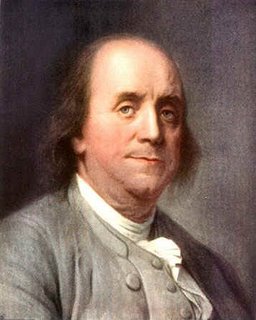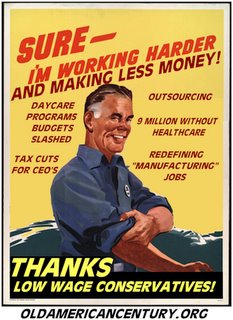Now, I'm no Fed economist, but automatically tying interest rate hikes to inflation seems simplistic. There are different causes for inflation, and my guess is that oil prices (in and of themselves, and as a factor in the higher cost of goods) are driving the current spike-ette.
If raising the interest rate were an antidote, would we raise the rate indefinitely? But I say it is not a pure antidote to inflation. (Oh, I do understand that higher interest rates makes money more "expensive," reducing its supply, which should theoretically curb inflation. I'm saying not all inflation is equal, of the same cause or even all bad.)
Let us look at the housing market, a substantial sector of the economy. The purpose of interest rate hikes is to encourage savings and discourage spending. But in the housing market "spending" can also double as savings. (Investment is investment, whether it be in bonds or in real estate.) Many a retirement plan is in real estate. Moving consumers from renting into home ownership could be viewed in a fashion as increasing savings.
Granted, at too low an interest rate, the housing market can become hyperinflationary. But we are safely beyond that point. In fact, we could be approaching a deflationary housing market where prices may be lower, but where purchasing power is also decreasing, dinging both buyer and seller.
Lower interest rates encourage investment in the stock market, which should be seen as a form of savings. More retirement funds are invested in the stock market these days than in bonds and CDs, are they not? We do not want to see Wall Street become overly bullish either, as we did circa Y2K. But again, we are well enough beyond a dangerously bull market.
Monetary policies take a while to have an effect, in any event. Recall the stagflation of the late seventies. Fed Chair Volker was already putting to work what we now consider standard strategy (in fact, he paved the way for Greenspan) but it wasn't until a few years later that economy shifted, whether because of Fed policy, tax cuts, or rational exuberance. By the time monetary policy changes do take effect, other factors in the economy have likely shifted, such as oil prices or tax rate reductions, and the policies wind up needing reverse correction.
What I'm trying to say here is, "Cool it, Bernanke." It's true that he has not promised another rate hike, but following the price index numbers recently released, Wall Street clearly sees rate hikes into the far horizon. Must the two necessarily be linked?
(Disclaimer: It's possible that there is not a shred of evidence to back me up and that my argument could be torn apart by any random economist on the blog. I may get around to a little research on this matter. These automatic rate hikes are driving me up a wall.)











Post a Comment